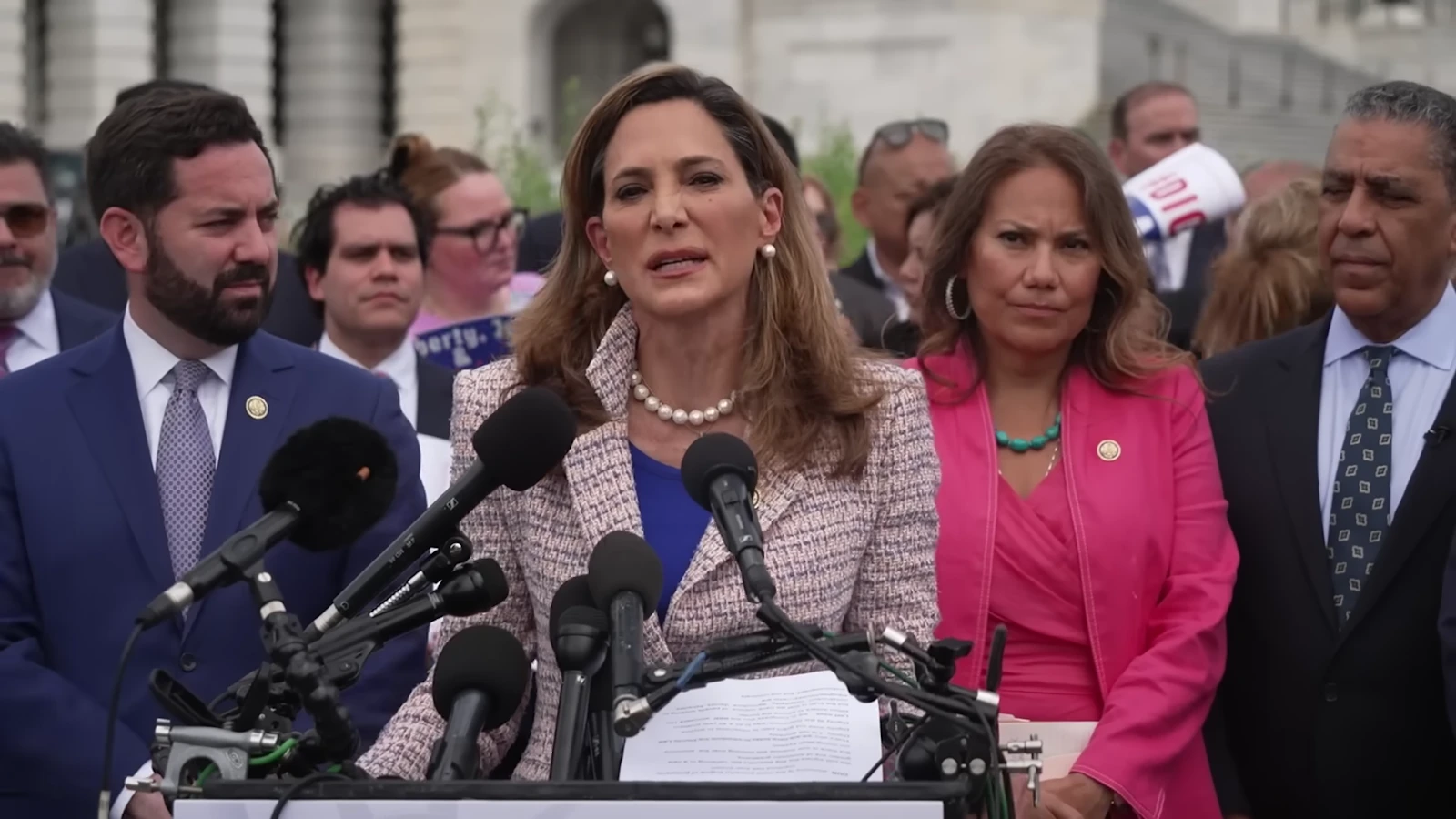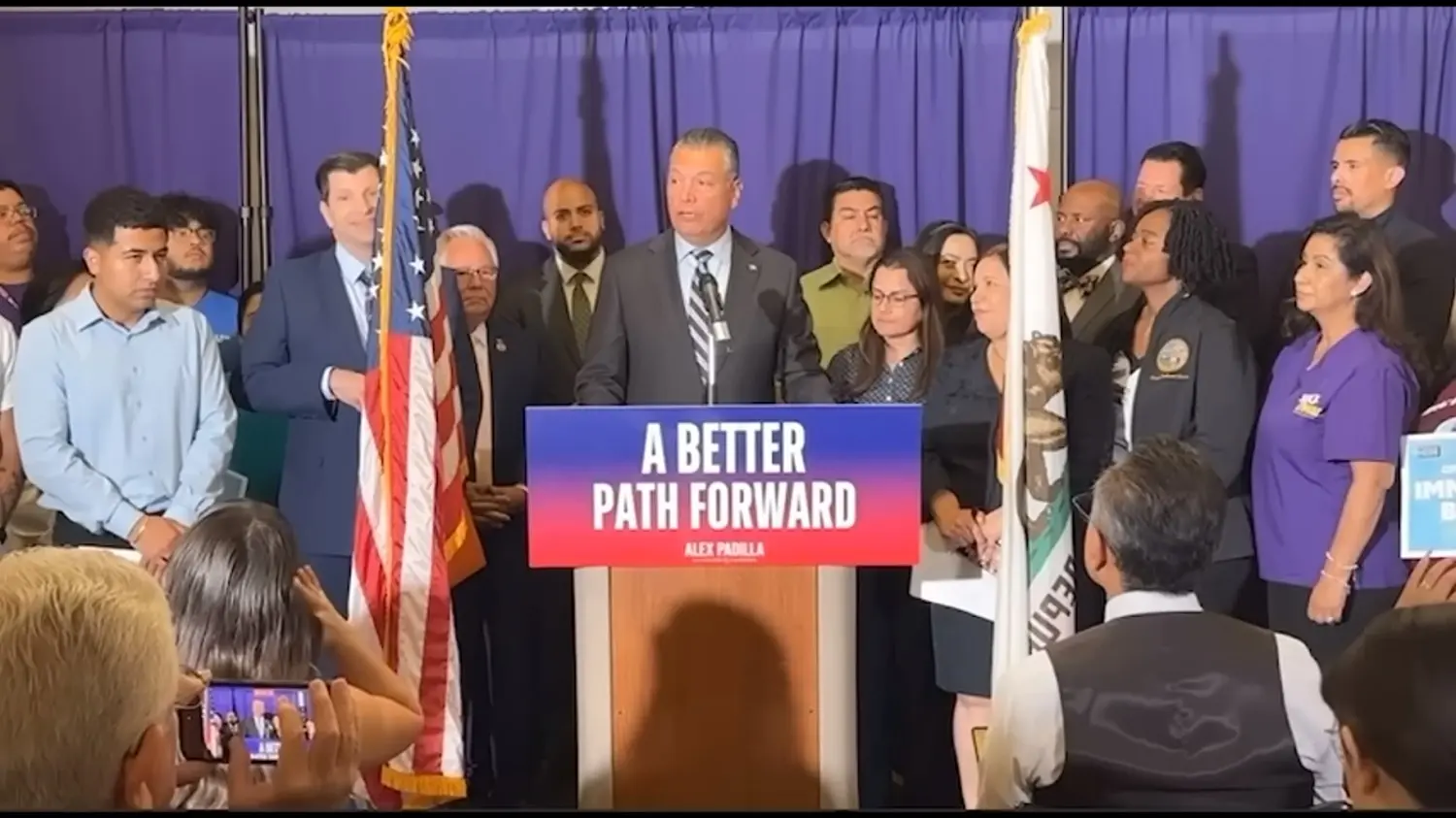Dignity Act Introduced to Clear Green Card Backlog
In early August 2025, the Dignity Act of 2025 (H.R. 4393) was introduced in the U.S. House by Representatives Maria Elvira Salazar (R‑FL) and Veronica Escobar (D‑TX). The bipartisan bill proposes premium processing for applicants who have been stuck in the green card backlog for more than 10 years — enabling them to pay a $20,000 fee to expedite review and reduce processing time. The legislation aims to eliminate visa backlogs by 2035 and includes additional reforms such as raising per-country caps and exempting dependents from visa quotas.
Proponents argue this fast-track option offers long-waiting families renewed hope and a practical path toward permanent status. However, critics contend that commodifying access based on ability to pay may create fairness issues and benefit wealthier applicants disproportionately. While supporters note the bill’s potential to transform immigration processing, its fate depends on navigating a divided Congress.
Stricter Vetting of Marriage-Based Green Cards
As of August 1, 2025, USCIS has updated its Policy Manual to enhance interview and evidence review procedures for marriage-based green card applications, aiming to better detect fraudulent cases while streamlining processing for legitimate couples. Officers will now have expanded discretion to request additional proof of a bona fide marriage, such as joint financial records, shared housing documentation, and evidence of commingled lives, and may conduct more targeted in-person interviews when initial evidence raises concerns.
The agency says the goal is to protect the integrity of the immigration system without adding unnecessary delays for genuine applicants. Couples with well-prepared filings and thorough documentation could see their cases move more quickly, while those with incomplete or inconsistent evidence may face closer scrutiny.
The Daily Beast reports concerns that tying petition approval to eligibility, even after approval, may undercut legal protections. Specifically, critics note that the issuance of a Notice to Appear (NTA) after a petition is granted “erodes confidence in family-based pathways” and undermines due process.
Family immigration lawyers advise applicants to treat the process as if preparing for a detailed audit, ensuring all submissions clearly demonstrate the authenticity of the relationship from the outset.
SimVisa’s attorneys can help you gather compelling documentation, prepare for interviews, and address any concerns from USCIS before they become obstacles to your case.
CSPA Age Calculations Revised, Affecting Dependent Children
USCIS has issued a policy update effective August 15, 2025, altering how it calculates a child’s age under the Child Status Protection Act (CSPA). Going forward, USCIS will use the Department of State’s Final Action Dates, rather than the more generous “Dates for Filing” chart, to determine if a beneficiary still qualifies as a child for green card purposes.
Under the previous policy, applicants could lock in a child’s age based on earlier filing dates, affording greater protection against aging out. The reversion to stricter calculations may cause many children (especially ones stuck in long queues or from high-demand countries) to turn 21 and lose eligibility. USCIS has confirmed that applications pending before August 15 will still be judged using the older, more favorable criteria. Immigration experts caution that this change significantly narrows protection for families navigating long wait times.












